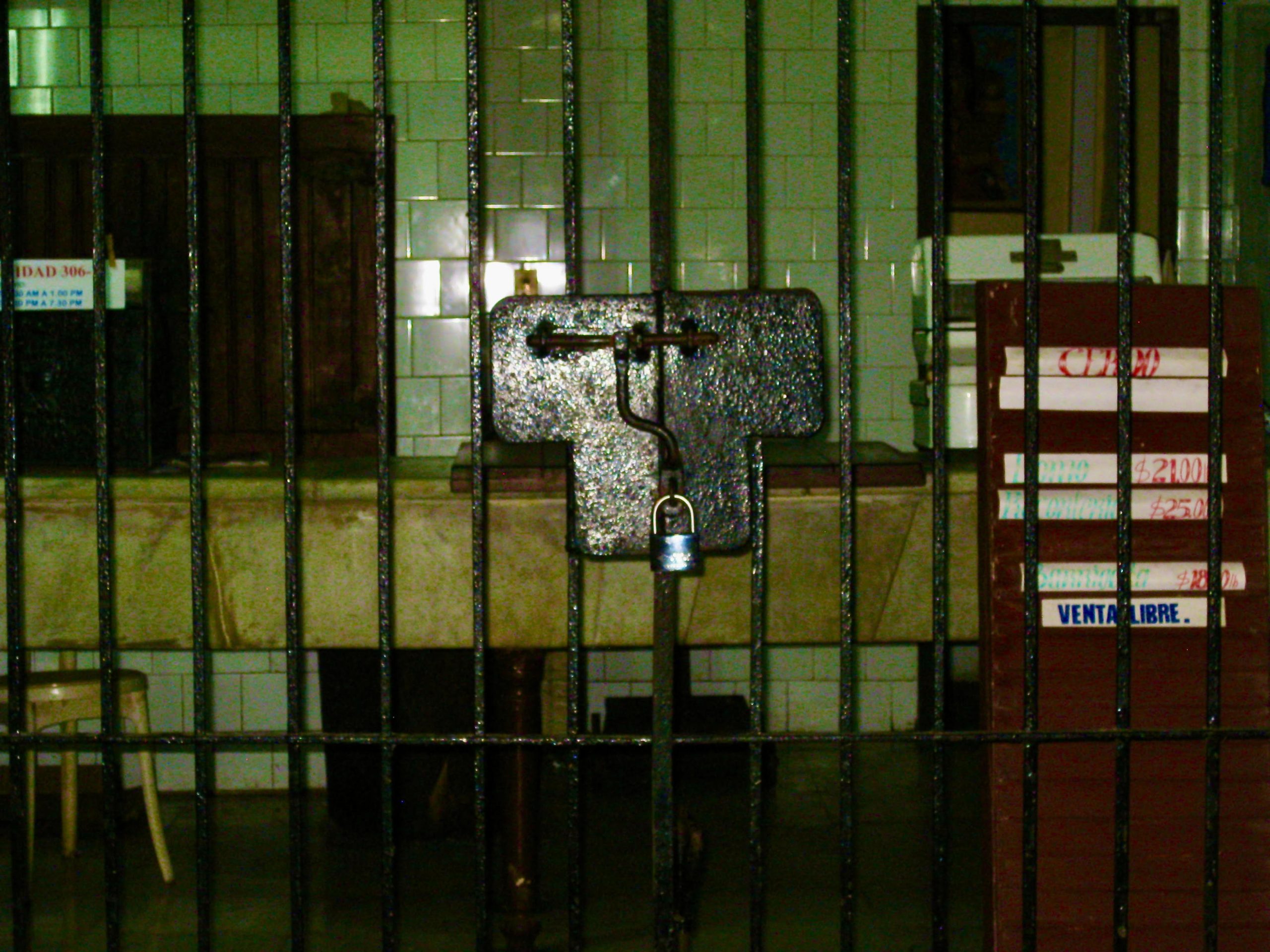Material Affect and Space: Censored Visual Culture in Revolutionary Cuba
Marta Hernández Salván
Hispanic Studies
UC Riverside
Material Affect and Space: Censored Visual Culture in Revolutionary Cuba studies documentaries and films that were made in Cuba during the 1960s but never exhibited. The state controlled the creation of a cinematographic production to conform to the representation of Cuba as a liberated nation, while censoring films that did not illustrate these ideas directly or indirectly. I contend that these films were not censored for evident ideological differences, nor for stylistic criteria, or technical deficiencies. What stirred up uneasiness among cultural officials was rather the type of affect that they mobilized. By analyzing censored films (inspired by the Nouvelle Vague) and Neorealist official films, I show that the concept of desire is as incommensurable as the notion of the political, and that neither one of them can be produced without the interplay of their antagonistic drives (death and pleasure) or forces (friend and enemy). The book seeks to understand the libidinal economy of the sixties and the representation of desire as a lived experience, that is, a changing structure of feeling which encompasses thinking and feeling in material and social ways. A symptomatic reading of films analyzes what is at stake in the enjoyment (jouissance) of these symptoms.

